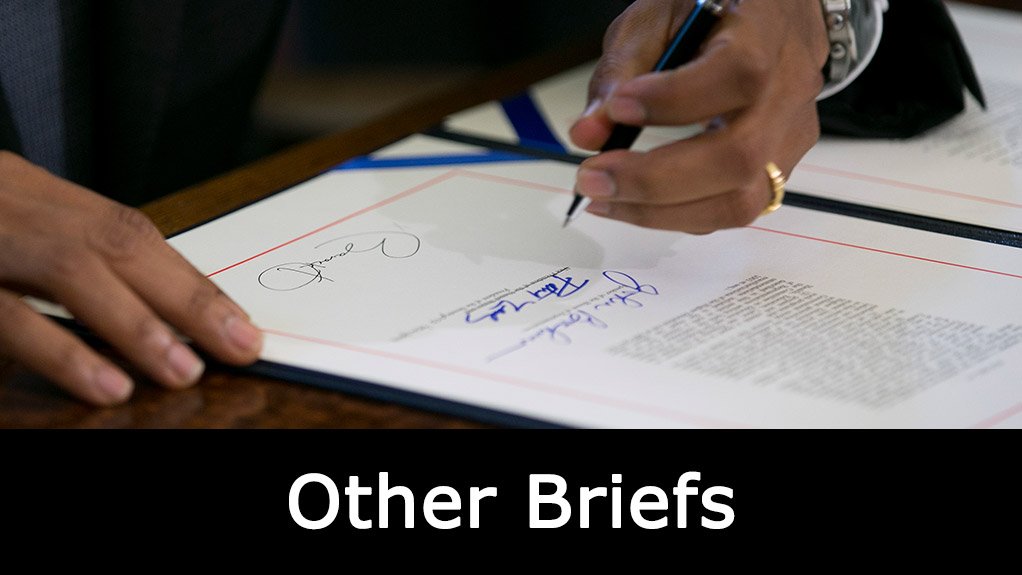In the dynamic landscape of public procurement and tender processes in South Africa, understanding the boundary between public and private law is crucial for both public entities and private bidders.
As the tender process progresses and a successful bidder is identified, the legal framework shifts from public to private law. This key event means that no party may resort to review proceedings in terms of the Promotion of Administrative Justice Act 3 of 2000 (“PAJA”) from that point onwards. Private law ultimately governs the rights, obligations and remedies of the parties involved and provides a framework for the implementation and execution of the tendered project or service.
PUBLIC LAW
Section 217 of the Constitution of the Republic of South Africa sets out the overarching requirements for tender processes and their resultant contracts to be valid. In Millennium Waste Management (Pty) Limited v The Chairperson of the Tender Board: Limpopo Province and Others [2008] 2 All SA 145, the Court confirmed that:
“The section requires that the tender process, preceding the conclusion of contracts for the supply of goods and services, must be fair, equitable, transparent, competitive and cost-effective.”
The regulating legislation contemplated in section 217 takes the form of the Public Finance Management Act 29 of 1999 (“PFMA”) and the Preferential Procurement Policy Framework Act 5 of 2000 (“PPPFA”), along with its Regulations. The requirements as set out in section 2 of the PPPFA prescribe how an organ of state’s preferential procurement policy is to be implemented.
The Minister may make regulations regarding any matter that may be necessary or expedient to prescribe in order to achieve the objects of the PPPFA.T he PPPFA and its regulations apply to all public entities listed in schedules 2 and 3 of the PFMA which include “major public entities” such as Eskom and “other public entities” such as the Mine Health and Safety Council.
AN UNACCEPTABLE TENDER – INVALID CONTRACT?
Section 1(i) of the PPPFA defines an “acceptable tender” as “any tender which, in all respects, complies with the specifications and conditions of tender as set out in the tender document.” The question whether a tender is “acceptable” can only be determined after the entire tender has been evaluated considering, amongst others, competitiveness and cost-effectiveness as contemplated in section 217 of the Constitution.
The acceptability of a tender for purposes of the PPPFA includes the evaluation of its compliance with the technical specifications of the tender. A non-compliant tender could lead to its award being set aside on judicial review in terms of PAJA.
A major public entity listed in schedule 2 of PFMA is not permitted to accept a tender (i.e. an offer) that is not an acceptable tender as defined in the PPPFA. A letter of intent does not create a contractual relationship. Depending on its wording and terms, a letter of award can create a contractual relationship between the parties if it constitutes an unqualified acceptance of the contractor’s tendered offer.
In the matters of Allpay Consolidated Investment Holdings (Pty) Limited v The Chief Executive Officer of the South African Social Security Agency 2015 (6) BCLR 653 (CC) and Sanral v The Toll Collect Consortium [2013] 4 All SA 393 (SCA), it was held that it would be most prejudicial to the public interest if inconsequential irregularities were to be capable of invalidating a contract. In other words, some irregularities may be permitted if they are not crucial.
CONTRACTUAL RELATIONSHIP BETWEEN EMPLOYER & TENDERER
In Command Protection Services (Gauteng) Pty Limited v South African Post Office Limited [2013] 1 All SA 266 (SCA), the court clarified the question of when a conditional award of a tender gives rise to a contractual relationship between the employer and the tenderer. The court held that where the award of the tender is subject to the conclusion of a contract between the parties to the tender negotiations, this means that until a contract has in fact been concluded, there is no contract between the parties. As such, acceptance of the tender does not on its own create a binding contract between the parties.
The court in Government of the RSA v Thabiso Chemicals [2009] 1 All SA 349 (SCA) summarised the position by stating that after the tender had been awarded, the relationship between the parties is governed by the principles of contract law and the contractual relationship between the parties ceased to be affected by the principles of administrative law.
CONCLUSION
The legal position in South Africa is this: the parties will be bound by the law of contract only after a letter of award is issued for purposes of concluding the bidding process. Those parties should therefore be mindful about when the contract was concluded as compared to when the dispute arose, as that will make all the difference in using the right legal framework – public law versus private law – to resolve the dispute.
Written by Michelle van der Merwe, Candidate Attorney, Tiefenthalerfrica
EMAIL THIS ARTICLE SAVE THIS ARTICLE ARTICLE ENQUIRY
To subscribe email subscriptions@creamermedia.co.za or click here
To advertise email advertising@creamermedia.co.za or click here











